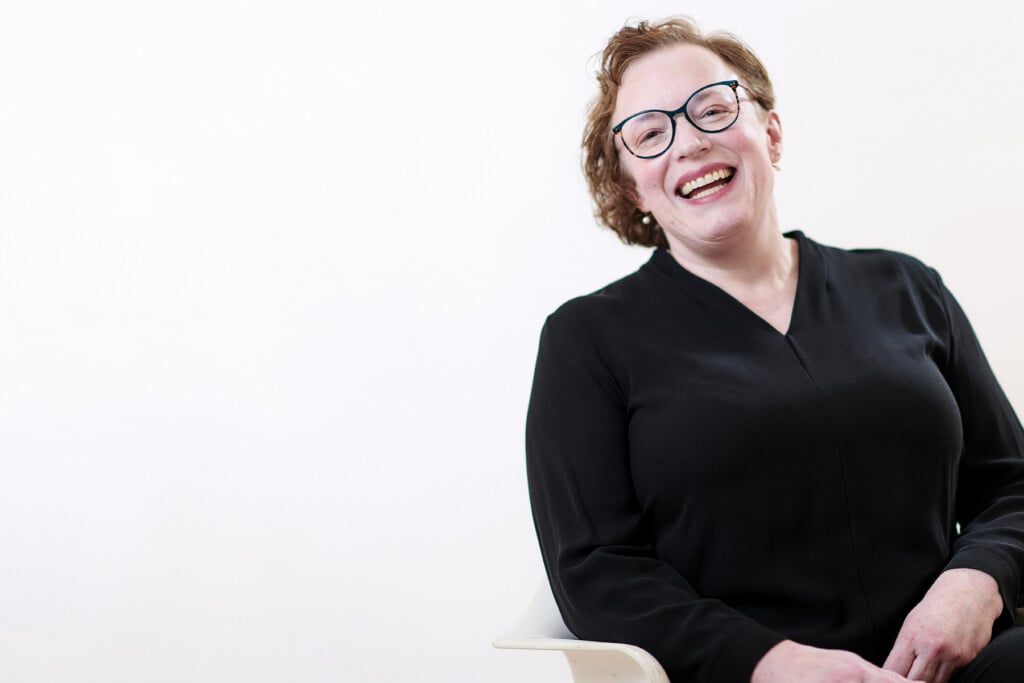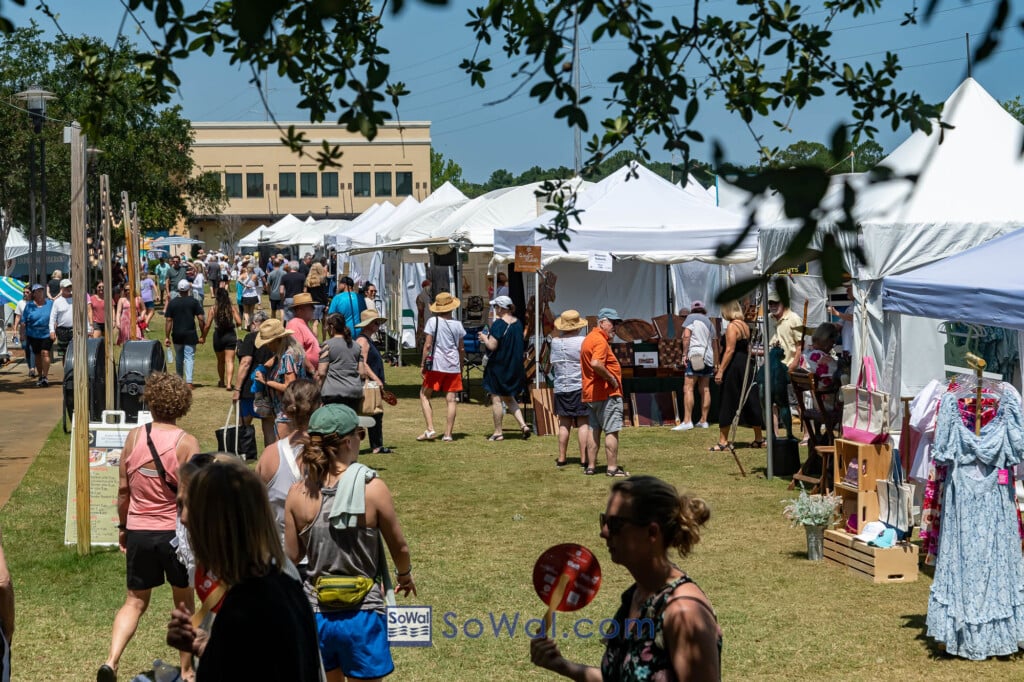Art-prenuers
Turning passion into business

Many parents use the phrase “starving artist” to warn their children away from the arts. The corner of every major city houses a singer-songwriter trying to make it big. Street performers earn an average of $21.70/hour in the United States, but that figure can vary greatly based on the artist’s skill and location.
The trades business can be even more challenging, since art can take hundreds of hours to craft a single item. Booths at trade shows and farmers markets are filled with people of passion trying to find their fan base. After paying the fee to attend, the average haul at an event is approximately $350. At that rate, one event per week would earn $18,200 per year, barely above the poverty line.
However, success stories prevail on social media feeds across the globe. These platforms have created a larger stage for artists, but the market is still saturated and can be expensive to advertise. Marketing on them requires substantial investment and significant time. Creativity can be lucrative, but the statistics are clear that generating a successful business in the arts requires dedication beyond one’s craft.
For four artist-entrepreneurs in Tallahassee, success is far more than earning a living. Their drive to succeed comes down to one crucial factor: passion.
Dr. Valerie Arsenault and the Bach Parley
The sanctuary of St. John’s Episcopal Church is packed on a Sunday afternoon, but instead of priests and acolytes on the altar, there are musicians—a cellist, violinists and violists, a bassist, a pianist, each of them to play a replica period instrument from nearly 300 years ago. This is the Tallahassee Bach Parley, an ensemble committed to Baroque-era music, newly animated and accessible to modern listeners.
Violinist Valerie Arsenault, a Tallahassee Symphony member, “rebirthed” the group in 2008 from its original choral beginnings. “I had absolutely no business plan,” she says honestly. Presenting St. John’s Church with her instrumental musical concept, she only hoped to provide musicians with an honorarium, which might one day become commensurate with what the symphony paid. Support was swift. Concerts were standing room only. Memberships were offered at $250, $500, and $1,000, and with donations and grant funding from the State of Florida and the Council on Culture & Arts, soon, Arsenault was presenting three to four standing room only concerts a year, often with national guest artists, and dozens of “luncheon concerts.” As her vision grew, the community seemed to want more.
With a steady source of funding, Arsenault has developed the Bach Parley String Academy, separate from the instrumental group, which has provided musical scholarships to hundreds of committed students from the public schools.
The dynamic and voluble Arsenault, performer and teacher, engages her audiences with Baroque tidbits and insights before each concert and says she is delighted that her own love of ancient music has resonated so deeply with Tallahassee.
Terry Galloway of Mickee Faust Club
Terry Galloway is the cofounder of The Mickee Faust Club, the 25-year-old “weird and wacky” theater company whose arms are open to persons of all ages, including LGBTQ and the disabled, who love to act, write, and simply perform “over the top” theater. Galloway, its prime mover, promotes volunteer actors and writers to engage in Faust’s mix of political and socio-sexual satire, literary and cinematic parodies, original songs, and some fully staged bad jokes.
Galloway, who was hearing-handicapped prior to a cochlear implant, has seen the thrill ofperformers who “never thought they could perform” and audiences who filled the offbeat Railroad Square theater in Tallahassee year after year, all financed through donations and grants from the National Endowment for the Arts, COCA, the City of Tallahassee, and the Christopher and Dana Reeves Foundation. “The monies we receive go into the equipment, lighting, and working components of the theater,” she says. Volunteers handle the costumes, sets, writing, directing, and acting.
Following a devastating tornado that tore apart the theater in May 2024, The Mickee Faust Club has been offered temporary space for their productions at Tallahassee’s House of Music. The ever-positive Galloway says, “For now, we’re a ‘mobile’ company, but our supporters have signed five- and 10-year pledges to find us a new permanent home and grow Faust again!”
Dr. Celeste Hart and the Anderson Brickler Gallery
“It was in the ’70s when I was at Howard University that I first fell in love with art,” says Dr. Celeste Hart, a Tallahassee endocrinologist. Born into a famous African American medical family, she says Washington, D.C. galleries and museums provided her with an “arts education” that led to her passionate avocation—owning an art gallery of her own. “I had frank discussions with two gallery owners in New York City and in Washington, D.C. They urged caution about the prospects of a small gallery, but one of them, Lewis Hudnell, was both a mentor and a pathfinder in the early years,” Hart explains. Hudnell had introduced her to important contacts and provided invaluable advice, paving a way for her to be successful.
Hart was optimistic that Tallahassee could support her art. In 2016, when her gallery opened, Tallahassee was named the No. 1 art-buying city in the U.S. by Artfinder magazine.
“The city boasts a robust community of artists affiliated with our three universities or that working independently,” Hart says. “We collaborate actively with other arts and cultural organizations in the city to reinforce the sense of the city as a place where art thrives. By offering works by nationally recognized as well as emerging artists, we can offer the community original art that fits most budgets.”
Hart supplements art sales by offering gallery memberships and by sales of smaller items through on-site and online stores. Hart’s unrealized goal is to package some of their
exhibits for lease to other regional galleries. The Anderson Brickler’s three spacious rooms feature exhibitions of national and local artists whose work focuses on African themes. “Working with collectors and businesses,” Hart says, “I’ve developed a loyal cadre of art lovers and find the gallery space expanding to include other arts—like jazz groups or Cuban drummers, and arts discussion groups and workshops as well.”
Hart says that prospering solely on sales of paintings is not always easy, but she loves sharing the joy with college students, families, and those new to art. “I show work I love, and I want others to experience it, too!”
Carrie Hamby (Hepzibah Jones) of the Blue Tavern
Carrie Hamby, also known by her “nom de choix,” Hepzibah Jones, has been a musical fixture at Florida folk and blues venues for years. With Belmont and Jones, she sings and plays a dizzying number of folk and homemade instruments. She also became busy with booking and promotion at a popular music spot, the Blue Tavern. Three years ago, Hamby got her chance to buy the business and bring the café/bar/music venue to the next level.
Expanding the vision of the original owner, Maggie McKeown, who ran the club as a café and bar, Hamby wanted to keep her favorite music alive for her patrons.
“People wanted and needed a ‘third space’ to go, to be with friends, to hear music they loved,” Hamby says, so she aims to book two or three musical groups each night. She notes that unlike many venues, the Blue Tavern offers a guaranteed fee rather than 80% of the house, which may be only $30.
Interspersed are jam sessions, poetry readings, or old-time movie nights. She expanded the menu, offering vegan specialties, saying, “That’s our key—food, atmosphere, and music. There’s a whole tribe of people who’ve found their home here and keep on coming back.”
From a business standpoint, Hamby adds that she needs every seat filled each night and that many of the patrons are friends with the performers.
Recently, a music/performance space, the Req Room, opened next door. Hamby and its owner Chris Seepersaud will collaborate on the expanded space potential, while aiming to keep the intimacy and artist-to-audience contact that is so treasured at the Blue Tavern.
“Everything in business is a risk,” she says. “But keeping the music flowing is worth it!”





